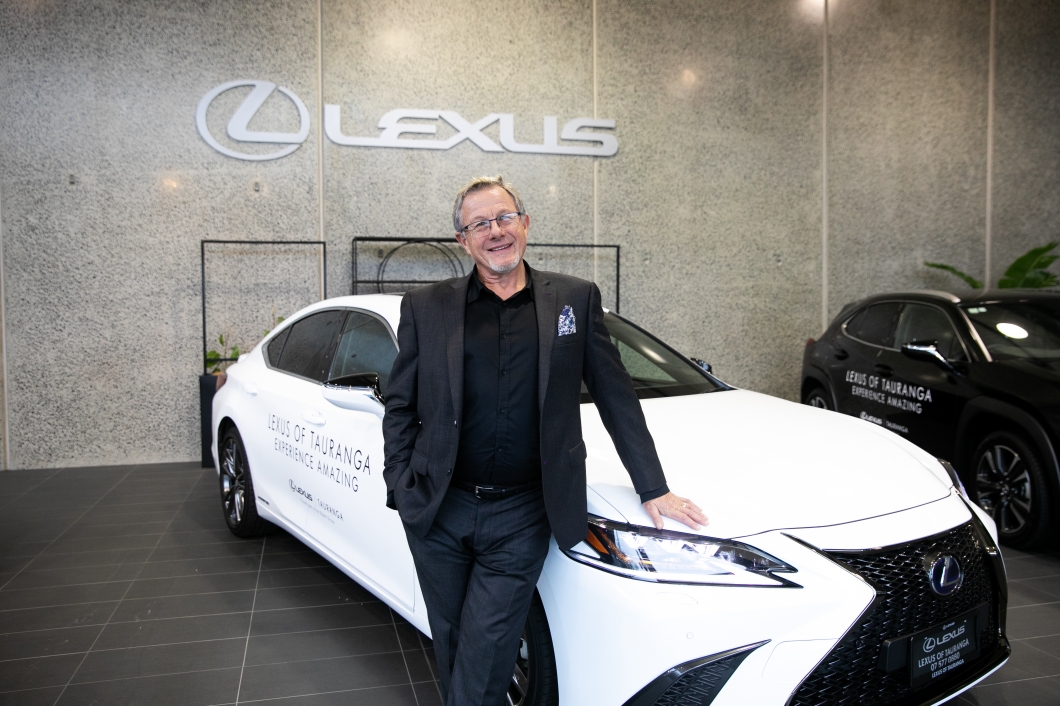With fuel prices at an all-time high, and the Government adding surcharges to vehicles that don’t comply with their Clean Car policies, (CCC) it’s no wonder that the New Zealand vehicle market is experiencing unprecedented growth in the sale of hybrid (HEV), plug-in hybrid (PHEV), and battery-electric (BEV) vehicles. With a staggering 94% increase year on year, it would seem that 2022 is the year of the EV.
Stand at any given intersection in Tauranga and you’ll see that electric vehicles and hybrid vehicles are becoming a significant part of the traffic mix, with a staggering 45% of all sales in the luxury vehicle sector, having some sort of electrification.
Consumer interest in EV vehicles has significantly increased in the last 2.5 years and naturally, the introduction of the Governments Clean Car Rebate this year has ensured that a large majority of new car purchasers are researching electric vehicles and plug-in hybrids as part of their pre-purchase research.
Given there are also freshly imported used EVs and PHEVs available, these are especially attractive to buyers because of the large price difference between a new and a used vehicle in this sector.
Battery electric vehicles (BEV) are expected to be cost competitive with internal combustion engine vehicles (ICEV) by 2030, including purchase price parity by 2030 and total cost of ownership parity much earlier.
Purchase price differences between BEVs and ICEVs may persist longest for smaller, lower-cost vehicle categories, i.e., those competing with ICEVs (internal combustion engine vehicles) selling for less than $35,000.
However, range anxiety continues to be a concern for many BEV buyers, especially of low-cost, small battery vehicles in the used vehicle market where the Nissan Leaf has dominated sales.
This will improve over time as battery prices fall and achievable vehicle ranges increase above 350km. Range anxiety may continue to be a barrier to 2025, especially for BEVs purchased as primary household vehicles, but it is not expected to be as significant by 2030. There are some concerns over the end-of-life management of batteries, but these will reduce as effective product stewardship schemes develop.
EVs and BEVs are expected to become a dominant part of the future New Zealand vehicle fleet, but such a significant change to the fleet will take time to achieve effectively and efficiently. By 2030, EVs are likely to be readily available for import across all vehicle categories at a price that is competitive with ICEVs
As the Dealer Principal at Lexus of Tauranga, our customers are especially familiar with hybrid technology with Lexus being one of only a handful of manufacturers who can boast that over 75% of their new vehicle range are either hybrid or full electric.
Lexus has been in the hybrid market since 2005 with the RX, which was the first hybrid SUV on the market. So, the transition we are seeing to electric technology is a very natural progression.
We are constantly hearing comments from our UX300E (EV UX model) customers about how much they enjoy the car because it feels very “normal” rather than the giant tablet-like screens and unembellished interiors, as the large majority of our customers come from a generation where they only had an AM radio, and air conditioning and power windows were an optional extra.
Having said that, automotive technology is very intuitive, and for those who are comfortable using their smart phone or tablet, the transition is very easy.
What to choose?
Before deciding whether your next vehicle is going to be an HEV, PHEV, or BEV, there are six things to consider before you make the leap:
- What distances do you want to drive before having to charge?
- What is the vehicle warranty and battery warranty, and is it transferable?
- Will you install a home wall box or just use a 3-pin plug charging lead?
- Will the popularity of the manufacturer’s resale value hold up?
- What is the cost of ongoing maintenance and frequency?
- What are the vehicle manufacturers’ ecological profile and recycling policies?If you would like to know more about EV vehicles, or maybe even take one out for a test drive, visit Mike Ranstead at Lexus of Tauranga at 158 Elizabeth Street, Tauranga – or call him on 07 577 0880.




